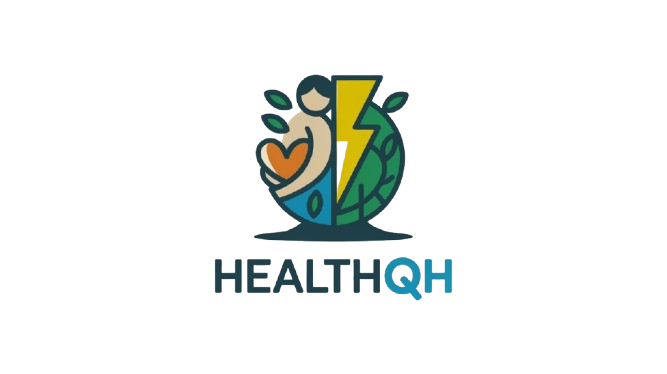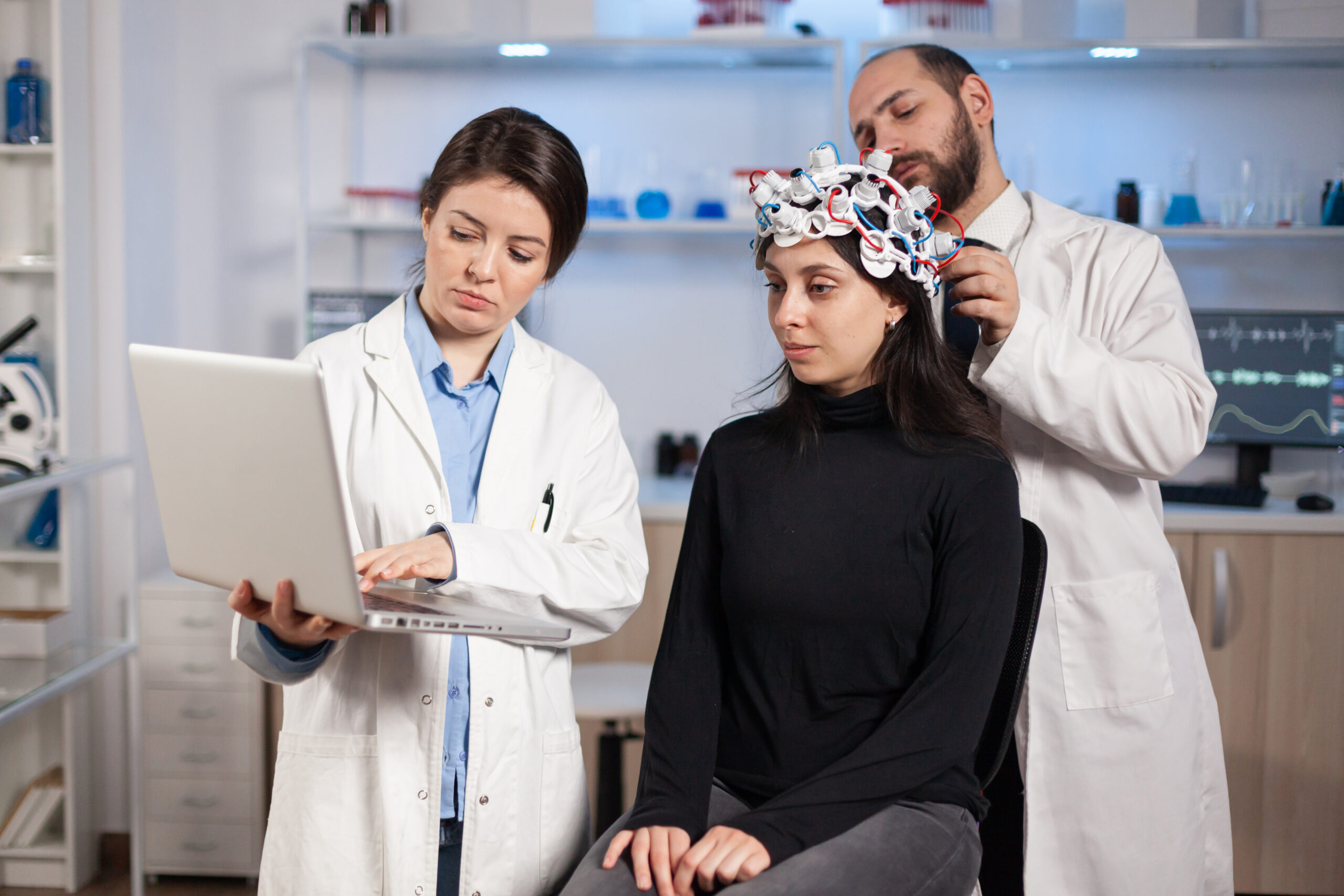Introduction
Mental health technicians play a critical role in healthcare settings, supporting individuals who are struggling with mental health disorders. These professionals work in diverse environments such as psychiatric hospitals, outpatient facilities, and community health centers. To succeed in this field, mental health technicians must possess a unique set of skills that allows them to provide compassionate, efficient, and effective care. Below, we will outline five essential skills every mental health technician must master to ensure the best possible outcomes for their patients.
Communication and Interpersonal Skills
Effective communication is the cornerstone of any healthcare profession, and for mental health technicians, it’s even more crucial. They often serve as the primary point of contact for patients, families, and other healthcare providers, ensuring that vital information is relayed accurately and compassionately. Verbal and non-verbal communication skills enable them to connect with patients, build trust, and foster a supportive environment.
Key Components of Communication:
Active Listening: Mental health technicians must master the ability to listen attentively to patients’ concerns, fears, and needs. Active listening helps in building rapport and making patients feel heard and understood.
Empathy and Compassion: A fundamental component of interpersonal communication is demonstrating genuine empathy. Technicians must understand and validate patients’ feelings, ensuring that they feel supported throughout their treatment.
Clear and Concise Instruction: In many cases, mental health technicians need to explain treatment plans or processes. They must be able to break down complex information into easily digestible pieces to ensure patients fully understand what is expected of them.
Building strong communication skills will not only improve patient outcomes but also foster a positive working environment among the healthcare team.
Observation and Assessment Abilities
Mental health technicians must have keen observation skills to accurately assess patients’ emotional and physical conditions. These skills are particularly essential for identifying signs of deterioration or improvement in a patient’s mental health. Often, patients may be unable or unwilling to express their thoughts and feelings, and it’s the responsibility of the technician to pick up on non-verbal cues and subtle behavioral changes.
Key Aspects of Observation and Assessment
Monitoring Behavioral Changes: Mental health technicians must stay vigilant in observing any shifts in a patient’s demeanor, including mood swings, signs of agitation, or withdrawal. Recognizing these changes early can help prevent potential crises.
Identifying Risk Factors: It’s critical to assess for suicide risk, self-harm tendencies, or any violent behaviors. Mental health technicians need to have a thorough understanding of risk assessment tools and protocols to ensure the safety of both patients and staff.
Charting and Reporting: Effective documentation of a patient’s progress and challenges is a significant part of the assessment process. Mental health technicians must accurately record their observations and relay this information to the broader care team for timely interventions.
Observation skills are vital for preventing crises and ensuring that appropriate care adjustments are made in real time.
Crisis Intervention Skills
One of the most challenging aspects of being a mental health technician is managing crisis situations. These may include patients experiencing severe panic attacks, episodes of psychosis, or suicidal ideation. The ability to intervene effectively during a crisis is essential to safeguarding both the patient and the technician.
Critical Components of Crisis Intervention:
De-escalation Techniques: Mental health technicians must be well-versed in de-escalation tactics. Calming an agitated patient requires patience, controlled body language, and a calm tone of voice. Techniques such as grounding exercises or distraction methods are commonly used.
Safety Protocols: Knowing how to safely handle physical confrontations or violent behaviors is vital. This includes understanding the institution’s emergency procedures and being able to safely restrain a patient when necessary, all while following ethical guidelines.
Emotional Resilience: Crisis intervention can be emotionally draining. Mental health technicians must possess the emotional fortitude to remain calm under pressure and manage their own stress levels, ensuring that they can respond appropriately in high-stress situations.
Crisis intervention skills are indispensable for protecting patients during moments of acute distress, and technicians must continually hone these skills to ensure they can manage crises safely and compassionately.
Understanding Mental Health Disorders and Treatment Methods
A strong understanding of mental health conditions and treatment approaches is essential for every mental health technician. While they are not responsible for diagnosing or prescribing treatment, they must be familiar with the various disorders and the therapies that accompany them to provide effective care.
Essential Knowledge Areas:
Common Mental Health Disorders: Technicians should be knowledgeable about common mental health conditions such as depression, anxiety, bipolar disorder, schizophrenia, and personality disorders. This includes understanding the symptoms, triggers, and the progression of these disorders.
Psychiatric Medications: While mental health technicians are not responsible for prescribing medication, they often assist in administering it. Understanding the side effects and intended outcomes of psychiatric medications is crucial for ensuring patient safety and adherence to treatment plans.
Therapeutic Approaches: Familiarity with various therapeutic modalities such as Cognitive Behavioral Therapy (CBT), Dialectical Behavior Therapy (DBT), and group therapy allows mental health technicians to support patients as they engage in these treatments. Additionally, technicians often participate in these sessions and must understand the core principles of these therapies.
By mastering knowledge in these areas, mental health technicians can contribute to a holistic care approach, ensuring that patients receive well-rounded support.
Emotional Intelligence and Self-Care
Emotional intelligence involves recognizing, comprehending, and regulating one’s own emotions while being sensitive to the feelings and emotions of others.. For mental health technicians, this is a critical skill that allows them to empathize with patients and regulate their own emotional responses in stressful situations.
Elements of Emotional Intelligence:
Self-Awareness: Mental health technicians must be aware of their own emotional triggers and biases. Recognizing these internal reactions can help prevent them from interfering with patient care.
Empathy: The ability to put oneself in another’s shoes is invaluable when dealing with patients who are experiencing emotional pain. Empathy allows technicians to provide a more supportive and caring environment.
Self-Regulation: In high-pressure situations, maintaining emotional control is essential. Mental health technicians must develop techniques to manage their own stress and prevent burnout. This includes practicing self-care, seeking supervision when needed, and maintaining a work-life balance.
By developing high emotional intelligence, mental health technicians can maintain their own well-being while providing compassionate care to their patients.
Conclusion
Mastering these five essential skills is critical for any mental health technician aiming to provide the highest level of care. Communication, observation, crisis intervention, knowledge of mental health disorders, and emotional intelligence form the foundation of effective mental health care. As the demands of the mental health field continue to grow, it’s more important than ever for technicians to refine these skills and remain adaptable in their approach.


